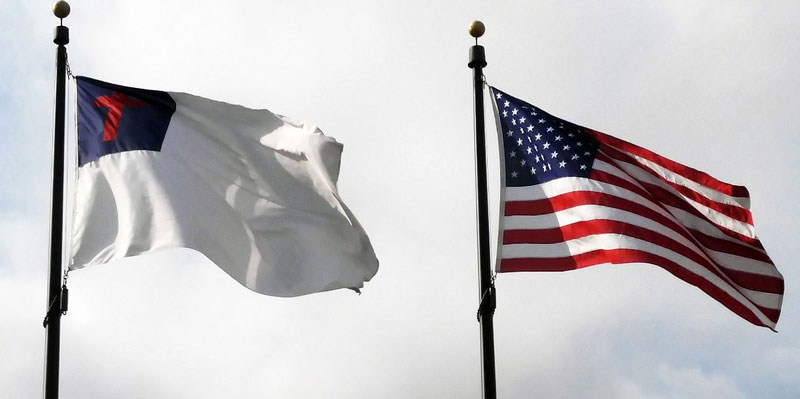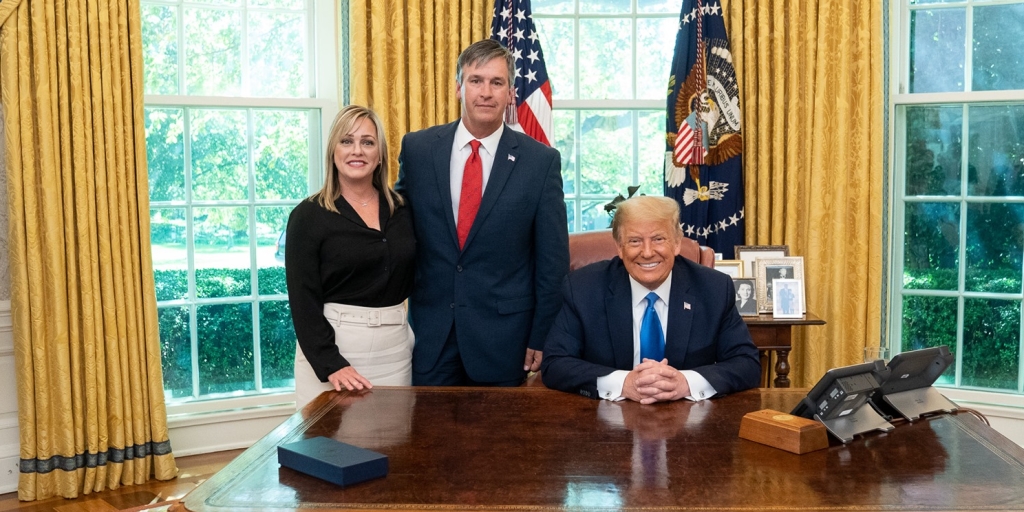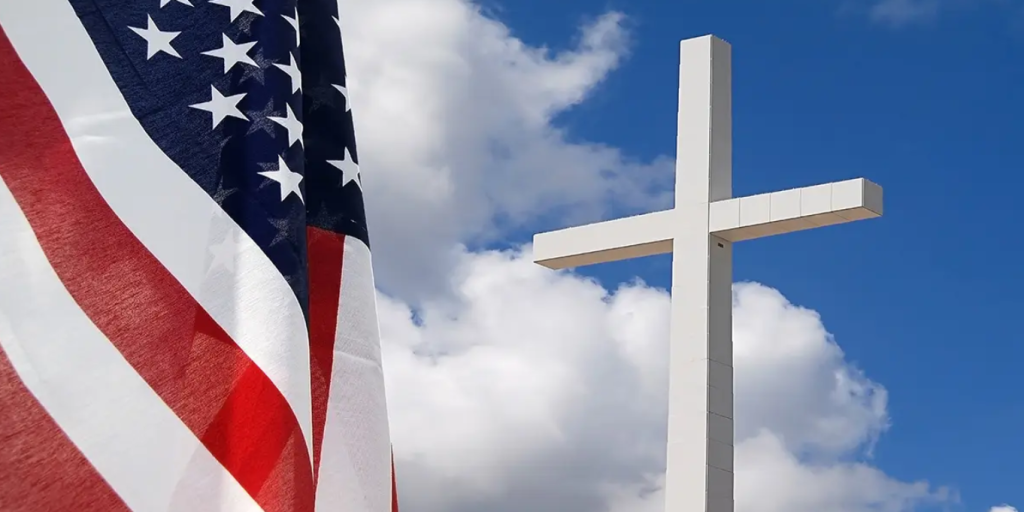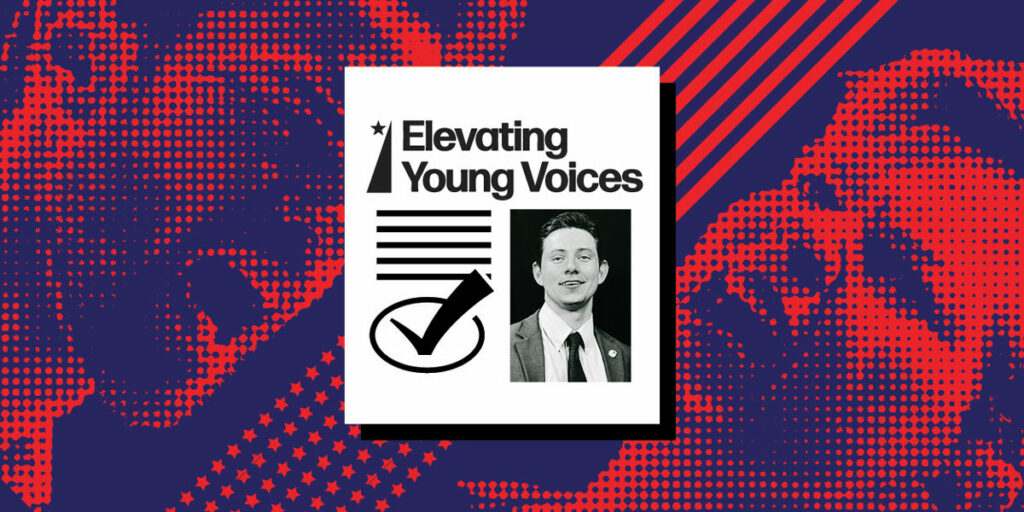America has always held a kaleidoscope of ideas, values, and religious concepts. Today’s post-Christian nation may seem more complex, but haven’t we always been a complicated people? This is especially true when it comes to politics.
Some pastors have sacrificed gospel literacy at the altar of political expediency. And others have been so reticent they have become culturally irrelevant. Their congregations are woefully equipped to handle the intricate social issues facing our culture. Knowing the exact balance of political engagement is a delicate art form that few pastors master well.
Multicolored realities
Our current political climate makes public engagement challenging. The American vision is filled with vast ideological differences between those living in conservative red states and liberal blue states. Over the past 15 years, I have had the privilege of ministering in both Bible-Belt red states and progressive blue states. Let me be clear; pastoral ministry is difficult regardless of your context. Our enemy is not Republican or Democrat, and he seeks nothing more than to bring division. Nevertheless, the various ideologies of our individual context bring unique challenges for the entire church across our land.
For instance, those who minister in red states are challenged with the monumental task of convincing people that moralism is not the same thing as the gospel. It is commonplace in many red state congregations for patriotism and piety to become one in the same. And those who minister in blue states are challenged with the task of convincing people that objective morality actually does exist and is good for the entire community. In many blue states, the idea of a universal moral standard is viewed as an attack on individual civil rights. It is standard in many blue state congregations to equate liberty with license.
Blue state blues
I minister today in the Northeastern United States. In my region, any moral claim that finds kinship with a political agenda is immediately met with hostility. I remember sharing the gospel with a young man around the time of the 2012 election. After months of evangelizing, sharing life, and serving side-by-side, the young man boldly stated, “I am not willing to become a Republican!”
I was shocked because not once in the course of our conversations had politics or the presidential election come up. For months, this young man believed the call to “surrender all” was a charge to switch political parties. Our electorate is so polarized that people cannot separate politics from every aspect of life—religion means politics, and politics is a religion for many. Ministering in a blue state now requires acumen, precision, and sensitivity to untangle the gospel message from perceived political agendas and party affiliations.
Red state sorrows
At the same time, ministering in a red state comes with unique challenges. In conservative red states, pastors must help church members love their neighbors who might lobby for gender fluidity, abortion, and radical egalitarianism. Calling a congregation to love those with different ideologies can be professionally dangerous. The command to love your enemy is a bit more palatable if your enemy at least shares your political views.
Many may even perceive that crossing the aisle to love your political adversary may be the same as endorsing his or her political positions. Today’s tax collectors and sinners are as close as the other side of the ballot. Loving a political opponent is not the same as endorsing his or her political position. Nevertheless, when emotions run strong, the distinction can be blurred. Ministers in red states face the challenge of helping people see his or her political opponents as creatures made in the image of God and not enemies to defeat.
Brotherly love across multi-colored lines
Red state pastors who step into the political sphere are certainly not wrong. Neither are those who publicly endorse political candidates. Christians should support and applaud legislators who create laws that coincide with divine law. But brotherly love must also consider how these endorsements will affect brothers and sisters ministering in other parts of the country.
Ministers in blue states often encounter a backlash when denominational leaders in red states go “all in” with one particular candidate, especially when that candidate’s character is questionable, or worse yet, explicitly contrary to Christian ethics. When religious leaders publicly endorse a candidate, perhaps they ought to consider how this endorsement might affect Christian brothers and sisters in other parts of the country. Our evangelical witness is much better off when we focus our energy on an apologetic for the culture and not apologizing for the sins of the candidates we endorse.
At the same time, red state pastors may need to encourage blue state pastors to become more active in the public debate. Religious liberty is a bulwark that protects all free people from tyranny and oppression from an overreaching power of the state. But it is easy for church leaders to simply cede their place in the public dialogue when they find themselves in the lonely position of the minority.
There is no doubt that religious leaders are viewed with a great deal of suspicion all across our nation. Nevertheless, faithful men who will engage their local public square with courage, charity, and shrewdness may actually do much to build trust and rebuild the credibility of the clergy. Evangelicals have an image crisis in blue states in particular. And perhaps faithful and consistent public service in the pulpit and in the public square may help rebuild our tarnished perception. Billy Graham taught us many things, but perhaps the most important lessons for ministers today is the power of a long-term faithful witness. Few can argue with the power of integrity lived out in the public sphere.
The Christian ethic of sexuality, marriage, care for the marginalized, and radical generosity are compelling regardless of the color of your state. And it is a joy to explain to my unbelieving friends why Christians are pro-life, pro-traditional marriage, and pro-religious liberty. Many times political conversations actually open the door to gospel conversations about grace, mercy, and justice. We may end up agreeing to disagree (which happens more often than not), but the power of civility and charitable dialogue not only strengthens Christian witness but the common good of our communities.
The hyper-polarization we live under will not go away soon. But perhaps evangelical engagement that is gentle, thoughtful, and considers brothers and sisters ministering across our nation might accomplish the goal of evangelism. Pastoral ministry in a red state requires thoughtful consideration for how my influence may help or harm brothers pastoring in the other parts of the nation. Pastoral ministry in a blue state will demand courage and boldness to engage hostile debates in sometimes very lonely environments. There is much uncertainty about how the church should engage our polarized multicolored nation. But a good starting place is to consider how my actions or non-actions might affect those living outside my voting district.
(Courtesy of Ethics and Religious Liberty Commission)













